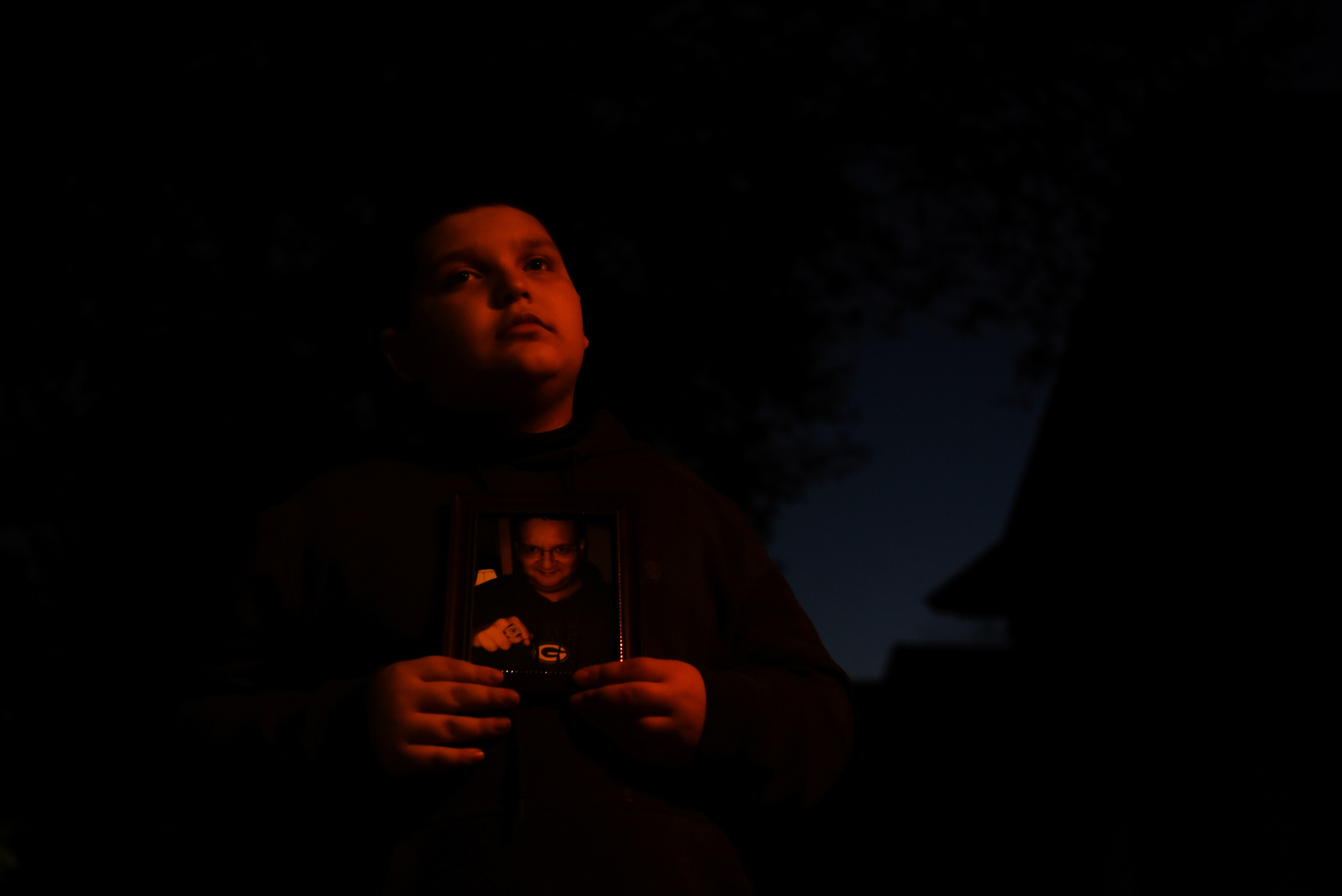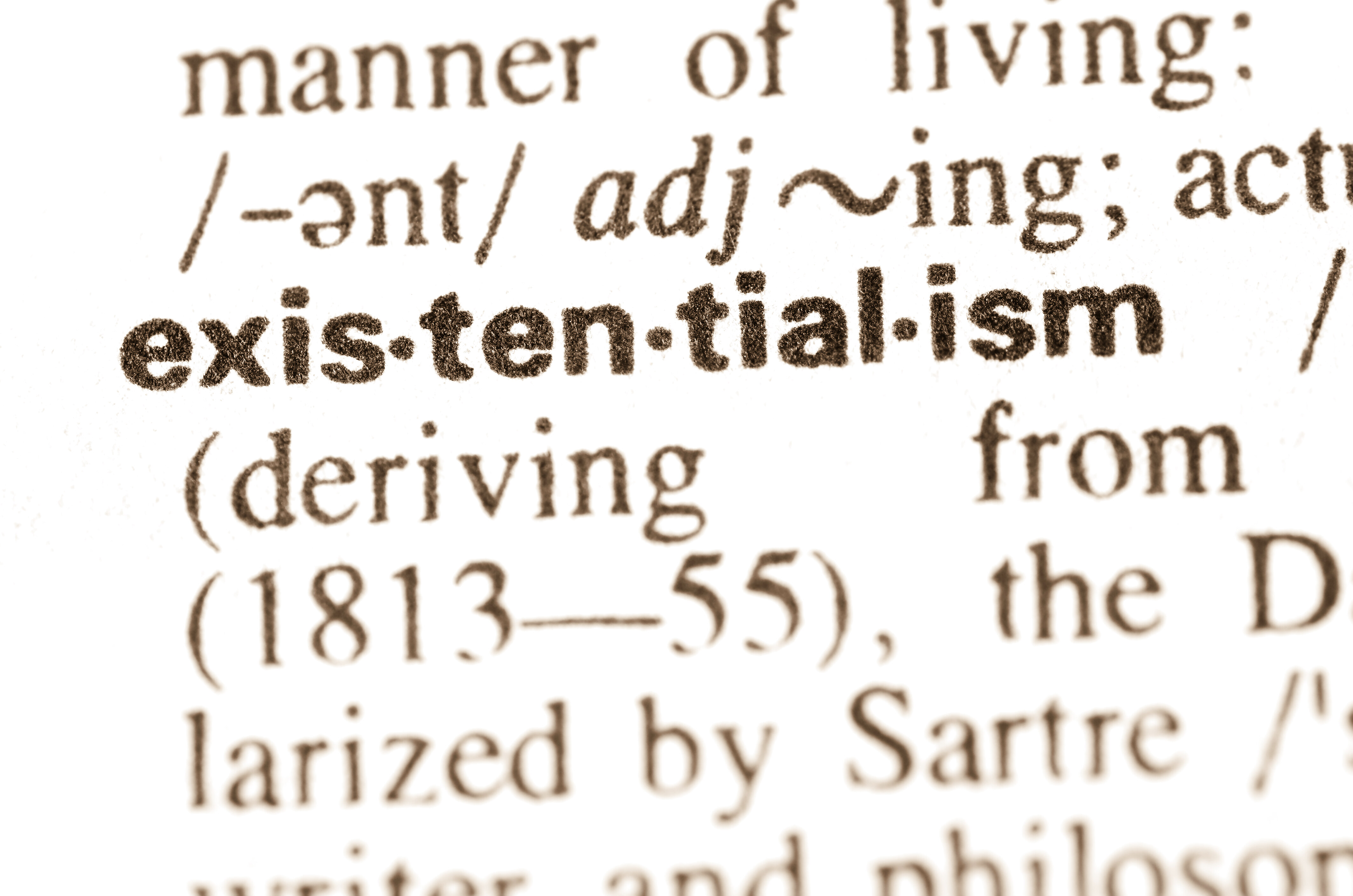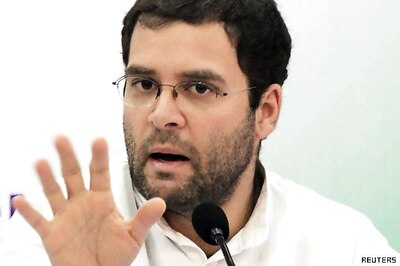
views
When the Ukraine-Russia conflict began, the world was confused – and then in the months to come, dismayed. No one can deny the numerous effects the ongoing war has had upon the world – food grain shortages, inflation, increasing refugees, deterioration of human rights, exacerbation of global hunger.
But what about our minds and hearts?
We live in tumultuous times surrounded by global problems with local effects. Pandemic, a disoriented world order, climate change may sound like textbook disaster terms to a different generation. But to this one, these are realities that hit too close to home.
When the pandemic began, visuals of migrant workers suffering amid the lockdown, right down to the second wave when we all struggled to save our loved ones, to recurring lockdowns. Now, since the onset of a war thousands of miles away, we are still affected by rising food and fuel prices.

And now, with our experiences over the past three years, even the doomsday foretelling of environmental experts hit too close to home. And a Linkin Park lyric comes to mind: ‘I tried so hard, and got so far. In the end, it doesn’t even matter’.
Perhaps a Nietzsche quote would be more fit to the nihilism attempting to come out through these words. But an angsty song lyric is naturally more fit to talk for a people who vent out on the greatest threats to their lives through memes.

Writing for the Telegraph on the onset of the Ukraine conflict, Philip Johnston eloquently put his dilemma for his kids, “Watching this (Ukraine-Russia conflict) tragedy unfold were our poor children. They have spent the past two years terrified that their parents or grandparents will be killed by a virus they are blamed for spreading, even if does not affect them much. They are assailed daily by predictions of imminent climate disaster. And now they are faced with wild talk of a Third World War.”
A glance at modern and post-modern history will assure one that humanity has never been without its troubles. But (to break the fourth wall) as a 26-year-old, albeit a privileged one, I have never witnessed a more threatening, and dystopian time than right now.

And it’s not just me, our younger generations are disenchanted. The Western brand of motivation aside, they are seriously questioning the meaning of their lives, which also seem to be dictating very real life trends – such as quiet quitting or moonlighting, as witnessed in 2022.
“I view work as basically a necessity to survive,” Ayem Kpenkaan, a 23-year-old who once worked as a software engineer for an auto retail company and is now a full-time content creator, told the Fortune. Talking about the negative feelings of his generation about work, he says, “Why wouldn’t we? We get paid less than previous generations proportionally, we control less wealth, and we have increasingly less to show for it. I know very few people who wake up excited to go to work.”
“It’s hard to stress too much over work as we can see the world crumbling in front of us. Emails or even TikTok numbers seem pretty small compared to all the climate news we receive on a daily basis.”

With the terms being talked about, it’s best to understand what they mean.
To begin, it is critical to understand that the term nihilism refers to a variety of philosophical perspectives; however, for the purposes of this article, I refer to existential nihilism.
The belief that life has no intrinsic meaning or value is known as existential nihilism. It suggests that each human and even the entire human species is insignificant, without purpose, and unlikely to change in existence’s totality, explains a report by Ben Murray.
Friedrich Jacobi, a German philosopher and socialite, coined the term nihilism. However, it is most associated with Friedrich Nietzsche and frequently appears through many of his philosophical works.

(Image: Shutterstock)
The Western society used to get our meaning and purpose from the church and God, ‘but with the decline of Christianity’ and God being ‘dead’, at least according to Nietzsche, people may become despondent because it appears that we are just meaningless animals in a meaningless universe.
In his works, such as “Human, All Too Human,” he discussed how difficult nihilism can be, and how living in a world without the comfort of religious dogmas can be depressing. This, Murray explained, can be likened to times when in your life you’ve experienced times in one’s life when you felt lost, powerless, and as if nothing mattered.
However, he believed that nihilism could be overcome and wished to hasten its demise.
On the other hand, existentialists believe that the world has no inherent objective meaning, but that we can create our own subjective meaning through a combination of free will, awareness, and personality responsibility.

According to Nietzsche, we should interpret existence in a way that promotes life or that allows us to create our own authentic meaning in life. We should focus on becoming a better version of ourselves, or a Higher Man, as he called it.
This Higher Man is in touch with his deep feelings, instincts, and drives we all have, especially suffering, and his life’s mission is to make peace with the chaos.
His work would pave the way for the French existential movement, in particular, laying some of the foundations for the work of the philosopher Jean-Paul Sartre who is the one to have popularised the term existentialism.
The phrase “existence precedes essence” is the foundation of Sartre’s existentialism, which means that no general account of what it means to be human can be given, and that meaning can only be decided and constructed through existence itself.
For example, as Murray explains it, the phone you may be reading this article on already has a meaning or essence. It was designed for both communication and entertainment. Human beings, on the other hand, create our own meaning and essence through the choices we make as we go about our daily lives.
At the end of the day, we are solely responsible for this meaning. Indeed, Sartre wrote that we are “condemned to be free” because of the overwhelming, near-infinite choices we have to give meaning to our lives.
If we choose to live without pursuing freedom and our own meaning, then we’re what he called ‘living in bad faith.’ Bad faith is the phenomenon of accepting who we are and then refusing to pursue alternative options.

Yes, argue many.
The Prince’s Trust found that one in four Gen Zers will ‘never’ emotionally recover from the pandemic and that their overall happiness and confidence is lower than ever recorded.
Charlie Coombs, writing for thred. says it should not come as a shock that Gen Z are becoming increasingly disillusioned with the ‘idea of purpose and meaning.’

By all accounts, he argues, the society we have built through capitalism is incapable of long-term sustainability. Every year, we are reminded that the Earth is burning, that the wealthy few are hoarding money for themselves, and that inequality and war will inevitably spread across the globe regardless of who is in power.

How can anyone expect young people to believe in these systems after decades of terror, division, unease, and dread? Why should Generation Z be expected to plan for their futures, invest in pension plans, and carve out careers when there’s a good chance they’ll be living underwater by the time they’re sixty, he says.
That is why, nihilism does not provide answers, but it does embrace the acceptance that none of this reality was created on purpose. Everything we are living through is temporary and fleeting. Perhaps it is this sense of transience that appeals to a generation besieged by anxiety and turmoil.

This is not great, argues Daniel Siegel, writing for the Global Network on Extremism and Technology. Because of digital echo chambers and an abundance of information, the largest generation, ‘Generation Z,’ is becoming increasingly nihilistic. This is reflected in their humour and other online interactions, and Seigel says that social media and online misinformation are both contributing to Gen Z’s cynicism and priming them to be more susceptible to extremist rhetoric.
Online information is frequently lacking in nuance, making it difficult for Gen Z to distinguish between truth and mis-/disinformation. Rather than making the effort to verify information online, many people opt out of the situation entirely. These people believe they live in a post-truth world where any statement can be backed up with ‘evidence’ via an online search. An abundance of contradictory information can make people feel cognitively burdened and ineffective at processing information, lowering their confidence in understanding their surroundings.
Whether people are leaning more into their preexisting beliefs or being bombarded with contradictory information, a major factor in Gen Z’s widespread adoption of nihilism is their relationship with the internet, he states.

Gen Z’s adoption of nihilistic tropes as a result of failing capitalist systems provide as much freedom of thought and expression as they do dread, Coombs says in his report. If our actions truly have no meaning, then our moral compass and sense of self-worth can be completely reinvented to fit our experience.
To be a nihilist is to free ones self from societal expectation, cultural convention, and suppressive tradition. Breaking away from constructs and accepting that humanity is not the centre of reality in this way can be extremely liberating, and it’s what’s known as ‘optimistic nihilism’.
This approach to life focuses on the idea that everything, eventually, will disappear. This means that every embarrassment, worry, anxious moment, or failure, like everything else, will dissolve into the void of infinite expanse. Nihilism does not count your ‘moral’ good and bad deeds, nor does it place a value on your achievements, he says.

The reasons and causes aside, it’s important to move ahead. John G Cottone, writing for Psychology Today, gives some ways:
1. Investigate as many different belief systems as possible: Existential anxiety frequently arises as a result of issues related to ageing and the prospect of death becoming salient—often after the death of a peer—and this often prompts people to reflect on the religious lessons they were taught as a child. Most people’s existential, religious, and spiritual beliefs, on the other hand, were not chosen; they were bestowed upon them at birth, and the belief system we were born into may not be the one that best fits our adult worldview.
As a result, Cottone recommends reading books about various belief systems and determining the similarities and differences between those belief systems and your own. Interview spiritual leaders from various religious traditions. Ask people who have survived more significant life challenges than yours how they feel about the things that cause you existential anxiety.
2. Broaden your horizons: “If your world isn’t expanding, it’s contracting,” Cottone says he frequently tells patients, “and if it’s contracting, you need to reverse the process.” Many of us have friends or family members who developed moderate anxiety symptoms that progressed to agoraphobia (a fear of being away from one’s safe space) and eventually refused to leave their homes. If we are not careful, this fate can become a reality for any of us.
Although it may be difficult to make new friends and try new things when you are anxious, when you are feeling well, this is the time to begin venturing outside of your comfort zone. There’s no need to do anything extreme, like joining an improv troupe; you simply need to find small ways to expand your existing activities and your existing social network.
Read all the Latest Explainers here



















Comments
0 comment